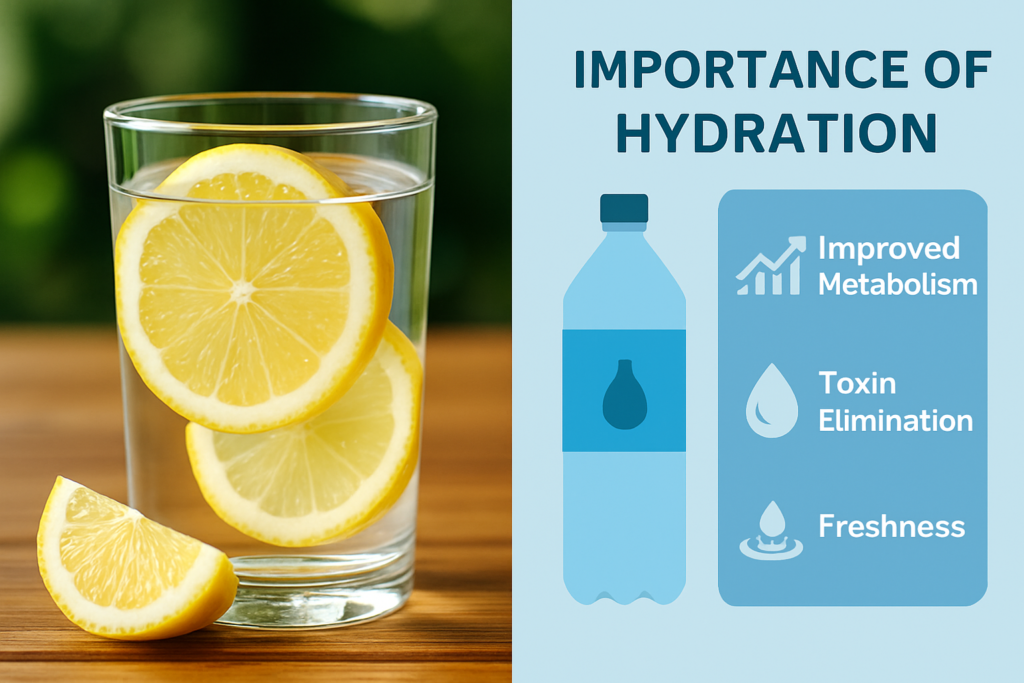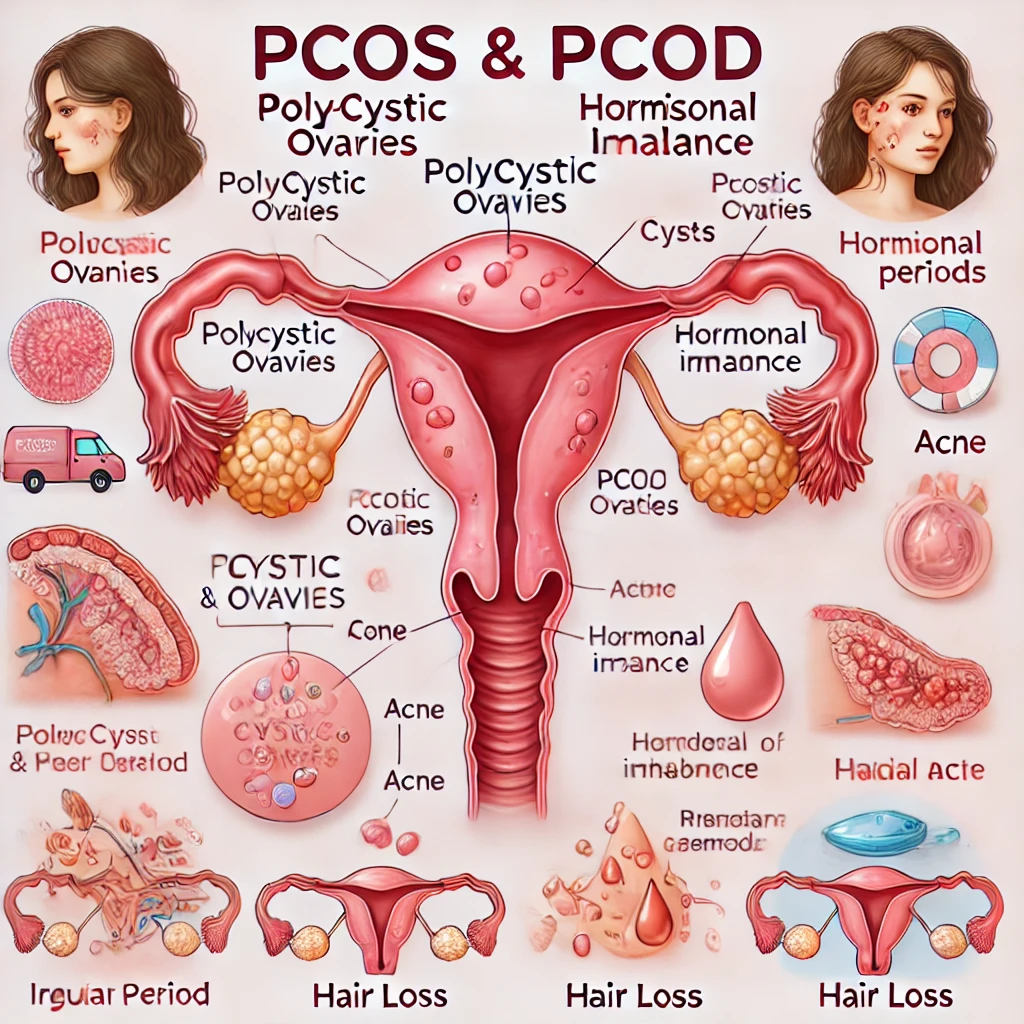Imagine waking up with energy that lasts all day, a strong immune system that resists seasonal bugs, and a metabolism that burns calories even while you rest. Sound too good to be true? It isn’t. It starts with what’s on your plate.
In a world of fad diets and quick fixes, understanding how to eat for immunity and metabolism offers a sustainable, science-backed path to weight management. This guide explores how your food choices can help regulate your immune system, fuel your metabolism, and promote long-term health.
📊 Why Immunity and Metabolism Matter in Weight Management
Your immune system and metabolism are more connected than you think:
- Immunity protects your body from disease and inflammation, both of which affect weight gain.
- Metabolism regulates how your body uses energy—a sluggish metabolism can lead to fat accumulation and fatigue.
Nutritional choices influence both. Eating for these systems doesn’t just help you stay slim; it helps you stay strong.

🌟 Benefits of Eating for Immunity and Metabolism
Here’s what happens when your diet supports both systems:
- Better Energy: Balanced meals stabilize blood sugar, preventing crashes.
- Faster Fat Burn: Nutrient-dense foods enhance your basal metabolic rate.
- Stronger Defense: Vitamins and antioxidants support immune cell production.
- Lower Inflammation: Anti-inflammatory foods reduce chronic disease risk.
- Improved Mood: A healthy gut (which powers both systems) boosts serotonin.
Key Takeaway: A single plate can influence how you feel, function, and fight disease.
🌿 Key Nutrients That Power Both Immunity and Metabolism
1. Protein (e.g., lentils, eggs, tofu)
- Builds immune cells
- Supports muscle mass (burns more calories at rest)
2. Vitamin C (e.g., citrus fruits, bell peppers)
- Antioxidant for immune defense
- Supports iron absorption, which boosts energy
3. Zinc (e.g., pumpkin seeds, chickpeas)
- Essential for immune signaling
- Helps convert food into energy
4. Fiber (e.g., oats, apples, beans)
- Feeds gut bacteria that regulate immunity
- Slows digestion for stable energy
5. Omega-3s (e.g., flaxseeds, walnuts, fatty fish)
- Anti-inflammatory; essential for immune health
- Supports fat metabolism

🍽️ What to Eat Daily: Sample Meal Framework
| Time | Food Focus | Examples |
|---|---|---|
| Breakfast | Protein + Fiber + Vitamin C | Oats with chia seeds, berries, and citrus juice |
| Lunch | Lean Protein + Whole Grains + Veg | Quinoa with grilled paneer, spinach, olive oil dressing |
| Snack | Probiotic + Antioxidants | Yogurt with pomegranate or green tea with almonds |
| Dinner | Light Protein + Omega-3 + Fermented Foods | Grilled tofu with sautéed veggies and fermented pickle |
Tip: Add turmeric, garlic, and ginger to meals. They’re immunity-boosting and digestion-friendly.


⚡ Risks of Poor Dietary Choices
Ignoring how food affects these systems can backfire:
- Ultra-processed foods weaken immunity and cause metabolic dysfunction.
- Low-nutrient diets lead to fatigue, poor recovery, and brain fog.
- Chronic inflammation from sugar-heavy diets increases fat storage.
Real-World Example: A recent study showed that diets high in refined carbs and trans fats are linked to increased COVID-19 complications due to compromised immunity.
🔜 Future of Weight Management: Nutrition Meets Personalized Health
Emerging tech is tailoring food to genetics, metabolism, and microbiome:
- Personalized nutrition apps offer AI-powered meal plans.
- Wearables and biosensors track metabolic rate in real time.
- Gut health testing reveals the best foods for immunity.
This shift means your ideal diet might not be your neighbor’s.
🌐 Global Approaches and Policies
Countries are integrating food policy with health:
- EU emphasizes dietary transparency with food labeling laws.
- The DPDP Act (Digital Personal Data Protection) may influence health-data-based nutrition services.
- Global dietary guidelines now recommend whole foods and gut-friendly choices to support immune health.
Balanced innovation means leveraging science without sacrificing privacy or trust.
🤔 FAQs on Eating for Immunity and Metabolism
1. What are the best foods to eat daily for both immunity and metabolism?
Focus on leafy greens, citrus fruits, fermented foods, lean protein, and healthy fats.
2. Can I boost my metabolism without supplements?
Yes! Strength training, staying hydrated, sleeping well, and eating protein-rich meals help.
3. How does gut health influence both systems?
70% of immune cells live in your gut, which also regulates metabolic processes via the microbiome.
4. What is metabolic flexibility?
It’s your body’s ability to switch between burning carbs and fats. Nutrient-dense diets improve this.
5. Is intermittent fasting good for immunity and metabolism?
When done right, it may reduce inflammation and improve insulin sensitivity. But it’s not for everyone.
📆 Final Thoughts: Your Plate, Your Power
What you eat today shapes your health tomorrow. Eating for immunity and metabolism isn’t just smart weight management—it’s future-proof living.
Ready to Stay Ahead? Bookmark our guide Technology and AI for updates!


